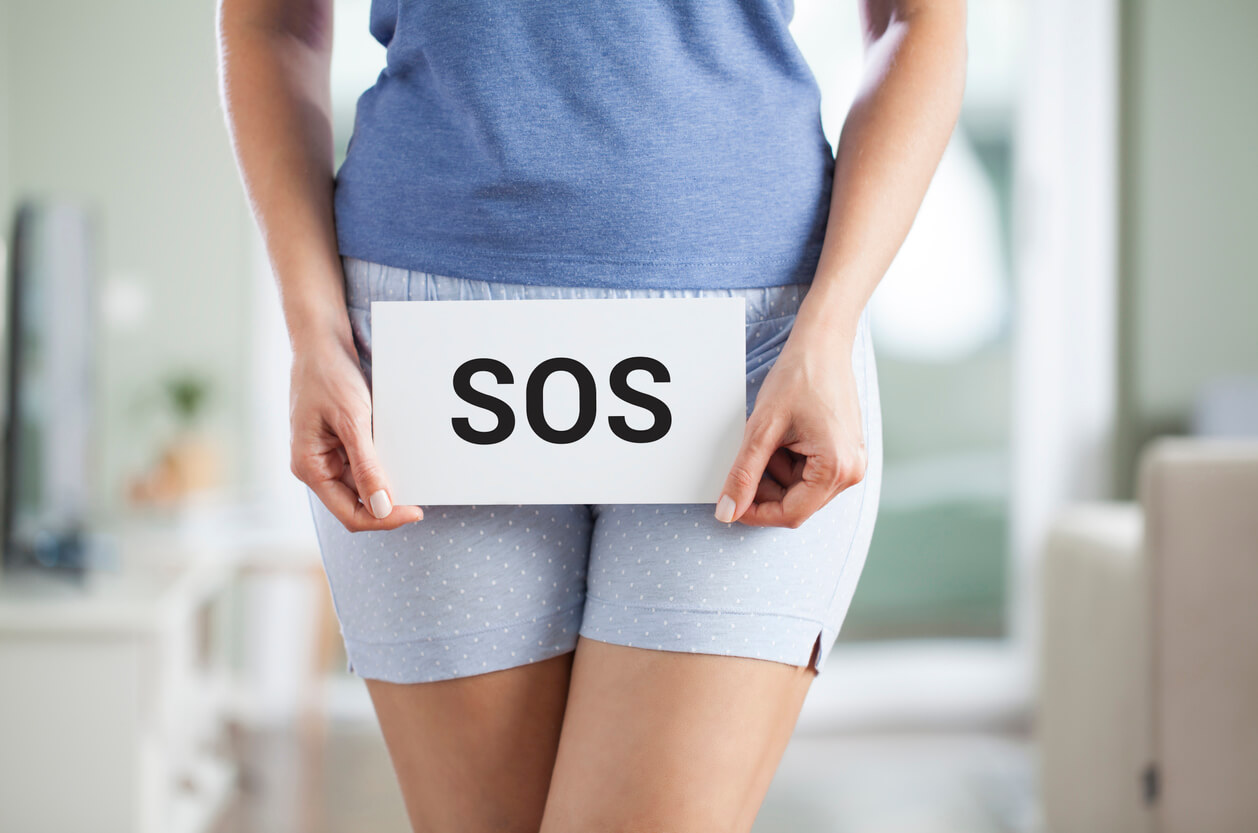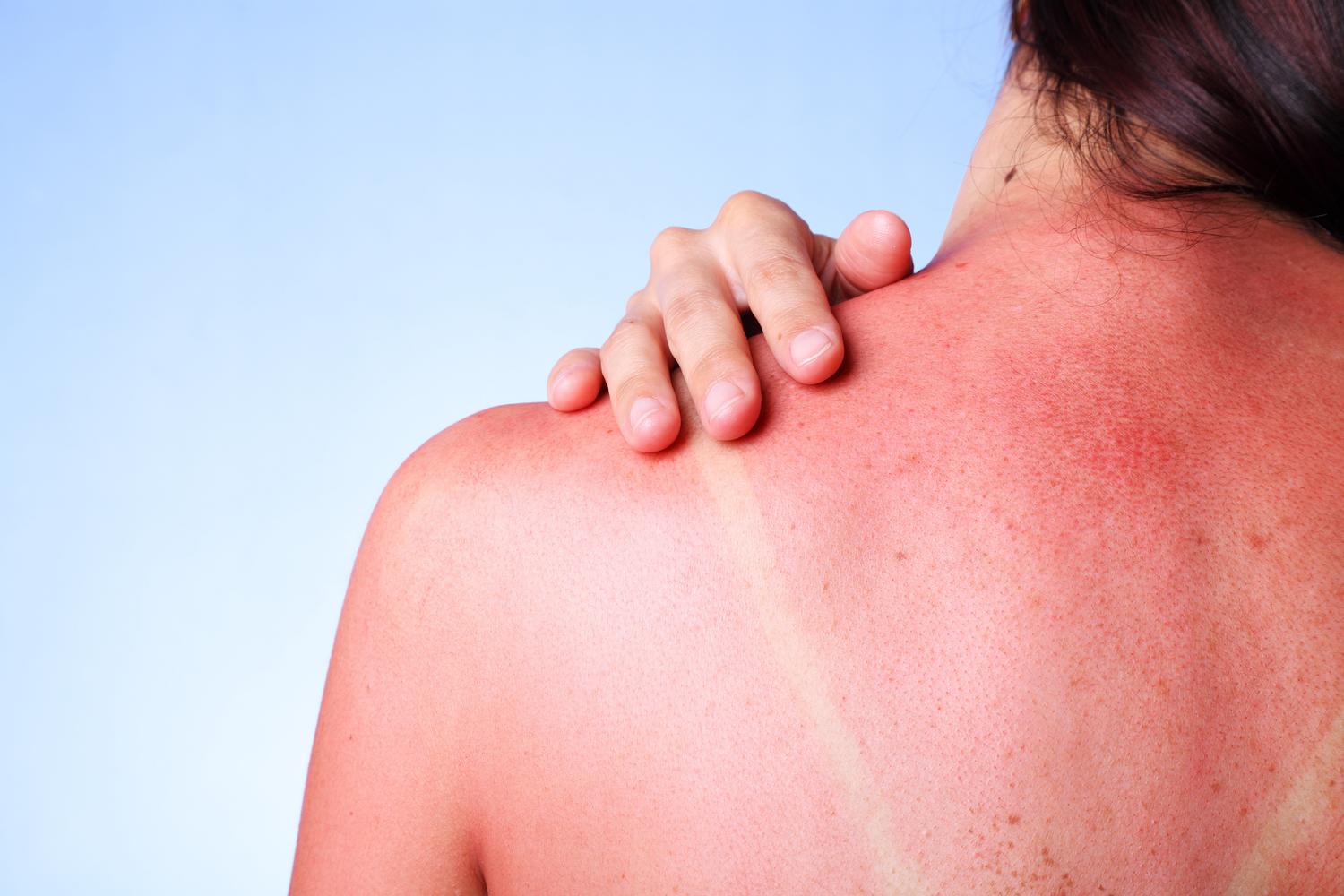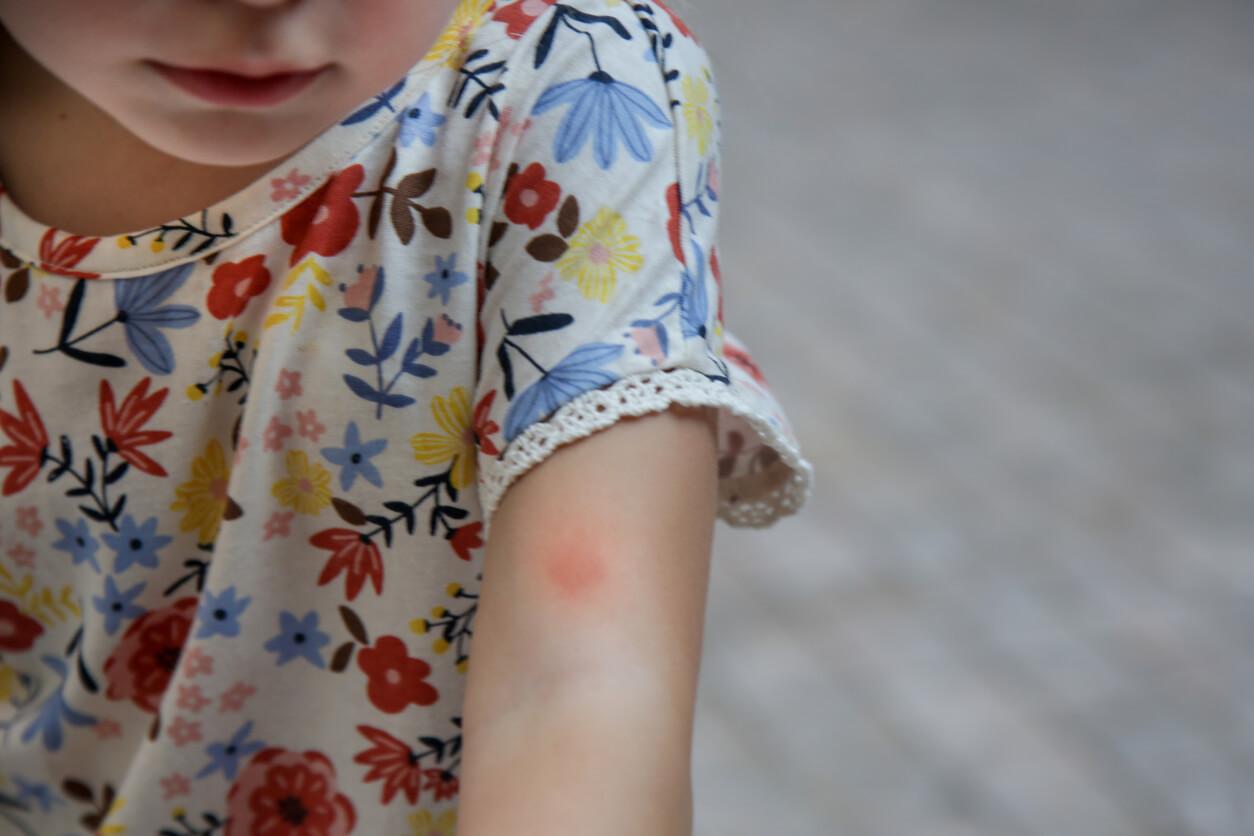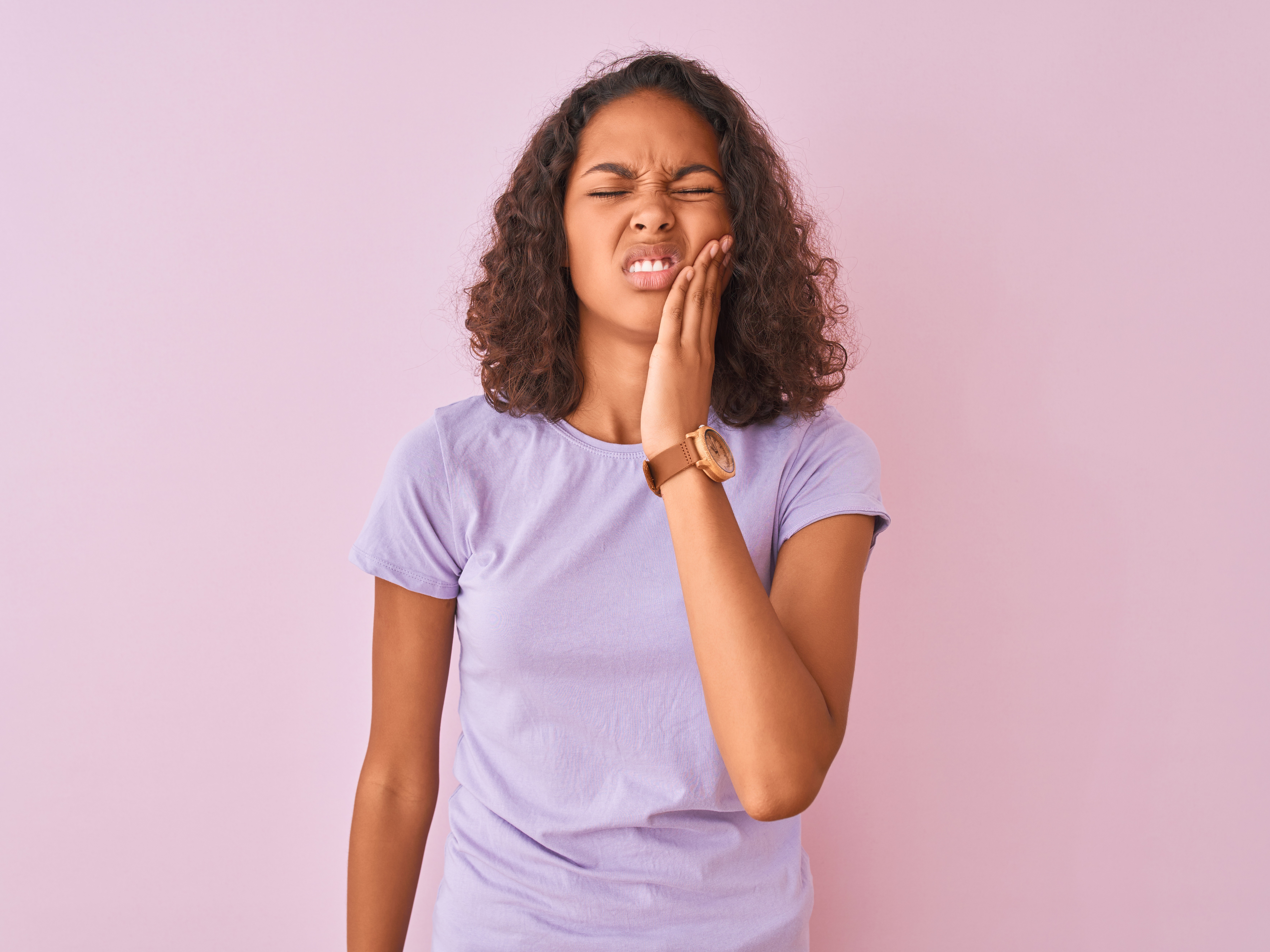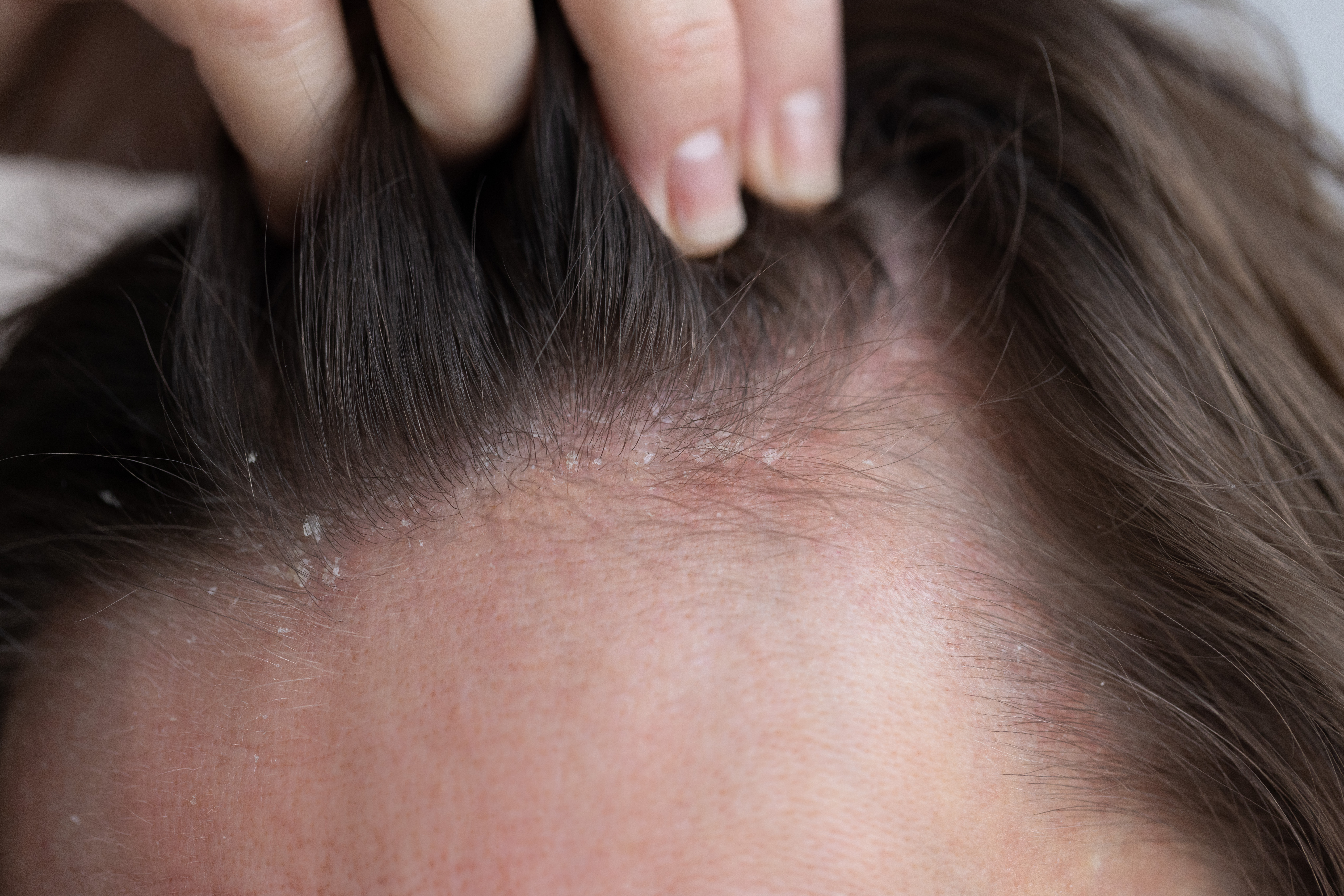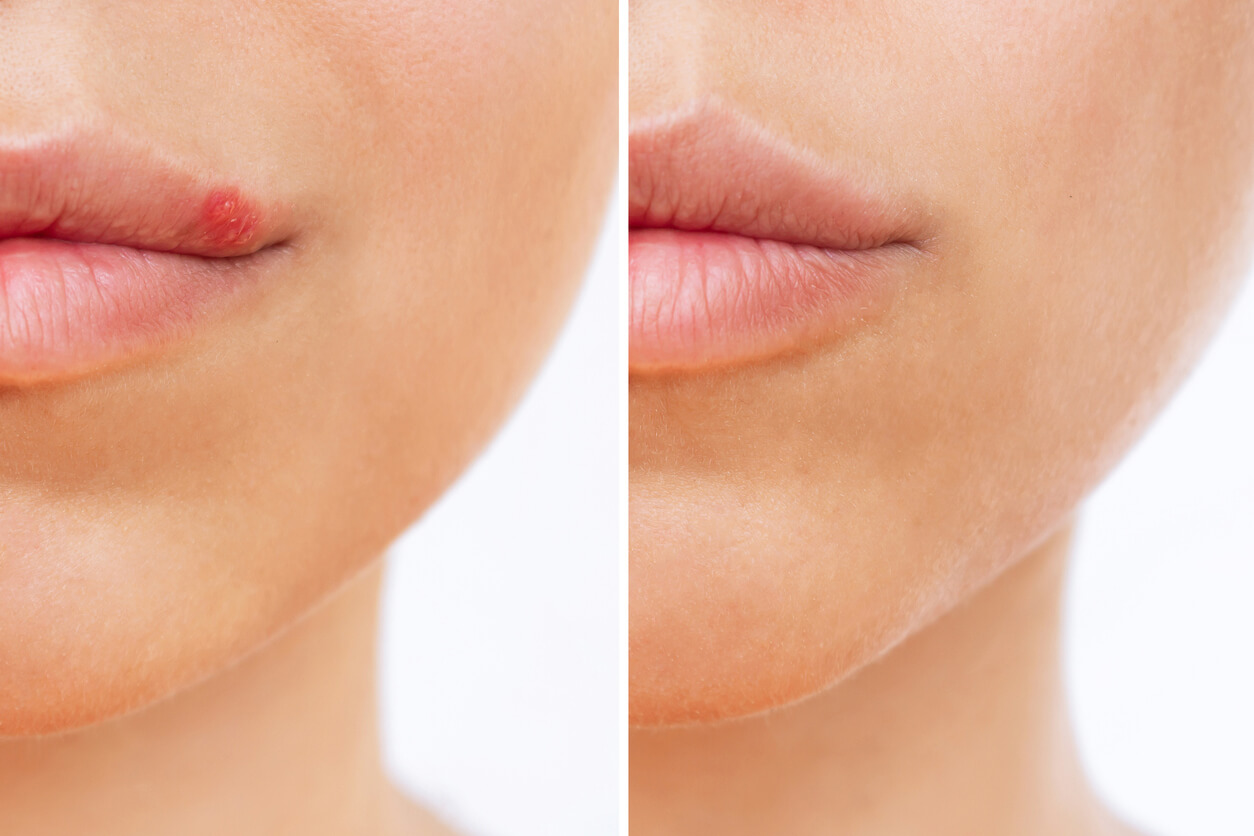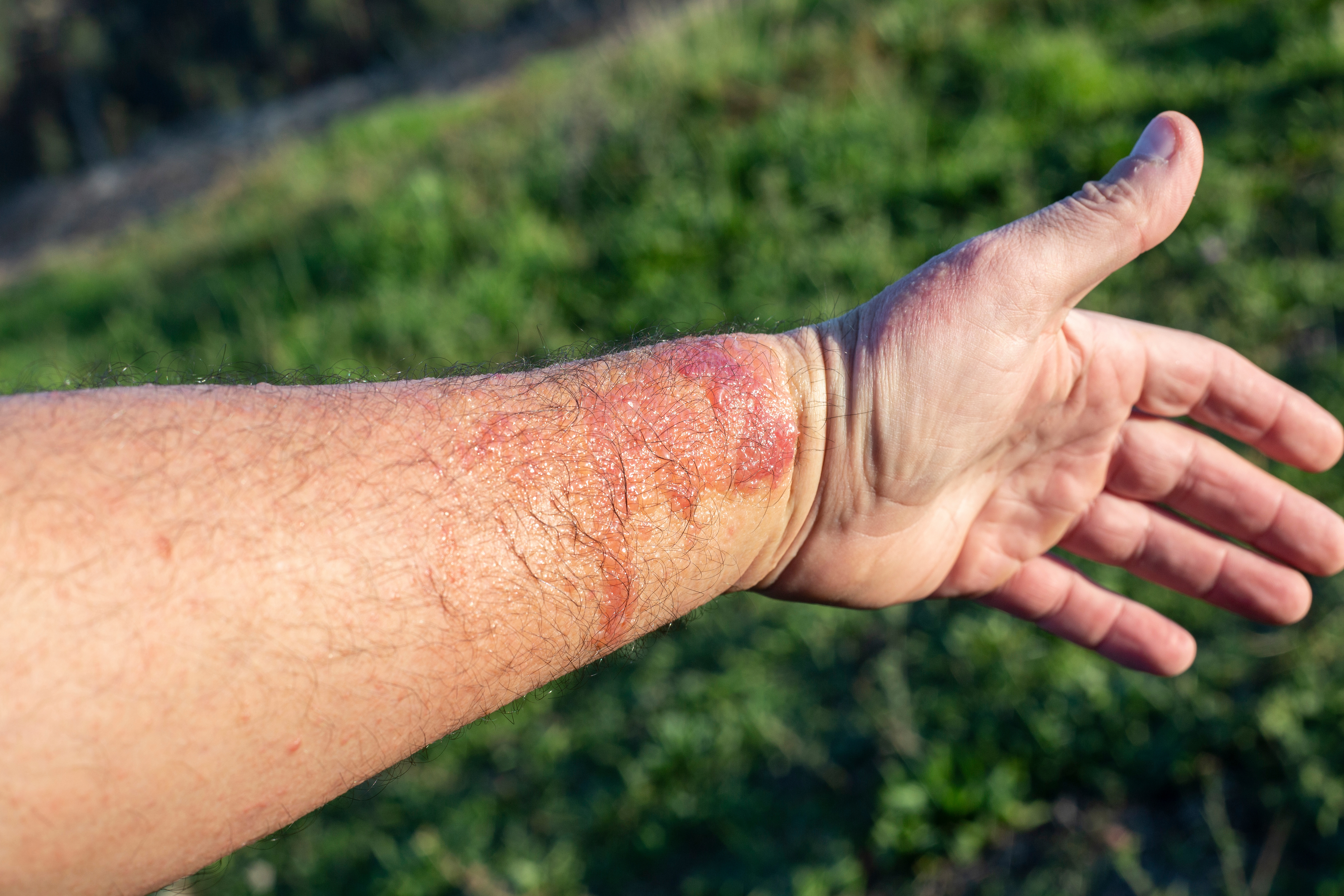How to Get Rid of Ringworm: Fast and Safe Treatment Options
A guide to the best ringworm treatment options
Key takeaways
- Ringworm is a fungal infection that can be treated with OTC antifungal medication.
- Several home remedies are also available to soothe affected skin and help eliminate the infection.
- Prescription medication may be needed for persistent or severe ringworm infections.
Ringworm infections are not actual worms in your body. Ringworm (tineas corporis) is a fungal infection with an itchy ring-shaped rash. This shape is the reason behind the condition’s name. A ringworm rash generally causes mild symptoms and usually goes away with antifungal treatment.
This article will detail some of the best over-the-counter (OTC) and prescription ringworm treatment options to get rid of a rash fast.
How do I know if I have ringworm?
Ringworm (tinea corporis) is a contagious fungal skin infection caused by dermatophytes, small parasitic organisms that live on skin cells on the outer layer of the skin. Ringworm infections are commonly caused by direct skin-to-skin contact with an infected person or contact with a contaminated surface.
Ringworm gets its name from the shape of the rash.
Symptoms of a ringworm infection include:
- Itching or burning skin in the infected area
- A red, scaly, ring-shaped rash
- Red streaks on the skin
- Rash with bumps or oozing blisters
- An increase in itchiness during warm weather or at night
- Bald patches on the scalp due to hair loss
Ringworm also frequently occurs on the scalp. Scapular ringworm (tinea capitis) can cause hair loss in the affected area, scaly and inflamed patches of skin, dandruff, brittle hair, and tender areas on the scalp.
How do I get rid of ringworm fast?
Ringworm on the body can usually be treated with over-the-counter topical antifungal medications (available as creams, ointments, lotions, or powders). Most cases of ringworm will clear up after 2-4 weeks of regular treatment.
Over-the-counter medicine
Several over-the-counter antifungal medicines can be used for mild to moderate cases of ringworm. They are commonly available as topical antifungal creams, ointments, or lotions applied to the affected area.
Look for topical creams containing:
- Clotrimazole (also available under the brand name Lotrimin)
- Miconazole (Cruex)
- Terbinafine (Lamisil)
These antifungal medications can also treat fungal skin conditions like:
- Jock itch
- Athletes foot
Apply topical medication directly to the affected area of the body. Do not wrap that part of your body, as this can trap moisture and slow healing.
Contact a healthcare provider if you notice side effects like skin irritation.
Home remedies
While OTC drugs are the most proven and effective way of treating ringworm fast, several alternative therapies can reduce symptoms and speed up healing. These include:
Skin care: Washing the skin regularly with a gentle cleanser and water helps keep the area clean. While this may not cure ringworm, it can help prevent the rash from spreading elsewhere.
Apple cider vinegar: Apple cider vinegar has antifungal properties. As a topical treatment, you can apply ACV directly to infected skin. Soak a clean washrag or cotton ball in undiluted apple cider and gently brush it over the affected parts of the body several times a day.
Tea tree oil/ coconut oil: Like ACV, these essential oils have antibacterial and antifungal properties. Both of these oils are extremely effective at treating fungal skin infections. Apply like you would apple cider vinegar. Dip a cotton ball or washrag in the oil and apply it directly onto the skin several times daily. Coconut oil may need to be warmed before use, but it should not be applied to the skin if it is hot. If you have sensitive skin and are using tea tree oil, diluting it with some coconut oil before applying it to the skin is recommended.
Turmeric: Turmeric has strong antifungal and anti-inflammatory properties, which means it can help reduce symptoms of ringworm while speeding up the healing process. Mix fresh ground turmeric or turmeric powder with a small amount of water until it makes a paste. Apply this paste directly to the skin and let it dry. Do not wrap or cover the affected area.
Aloe vera: Aloe vera gel has anti-inflammatory and antiseptic properties that can soothe itchy and irritated skin. Apply pure aloe vera gel (store-bought or directly from the plant) to the affected area several times daily. Do not wrap or cover the rash after applying aloe vera gel.
Garlic: Garlic has antifungal properties and has been shown to slow the growth of ringworm infections by 50-90%. Dilute garlic paste with water, olive oil, or coconut oil and apply it to the affected skin. Leave the paste on for 10-15 minutes, then rinse off. Do this 2-3 times per day.
Oregano oil: Oregano oil is an essential oil that has potent antifungal properties. Dilute a few drops of oregano oil with a carrier oil (like coconut oil or olive oil) and dab the mixture on the affected area 2-3 times per day.
Some people are allergic to certain essential oils. Before applying any essential oil to the skin, dab a very small amount on healthy skin. If the skin becomes itchy or inflamed, rinse the oil off and contact a healthcare provider if discomfort worsens.
Prescription medication
Sometimes, home remedies aren’t enough to control a severe ringworm infection. If your symptoms do not go away after two weeks of OTC treatment, talk to a Doctor of Dermatology (dermatologist) or primary care provider to discuss other treatment options. Healthcare providers can treat skin conditions like ringworm, eczema, and dermatitis. These providers can prescribe stronger medication than you will find over the counter.
Prescription antifungal medications include:
- Griseofulvin (commonly supplied as an oral tablet)
- Fluconazole
- Ketoconazole
In addition to oral medication, a dermatologist may prescribe a medicated shampoo or lotion for the affected area. Take the full course of this treatment, even if symptoms begin to subside. Do not discontinue or alter your dosage without consulting your healthcare provider first.
How do I treat ringworm on the scalp?
Ringworm on the scalp is treated with prescription medication (usually griseofulvin) taken by mouth. Your provider might also prescribe an antifungal shampoo to reduce the itching and irritation caused by the infection. While topical products can help reduce symptoms, they won’t eliminate the infection like prescription medication.
Talk to a provider if you notice the symptoms of scapular ringworm like:
- Round, inflamed patches of skin on the scalp
- Hair loss
- Pain and tenderness on the scalp
- Brittle or easily broken hair
Are there any ingredients I should avoid?
Avoid using topical steroid creams (also known as corticosteroids). Corticosteroid creams are widely available over the counter and often used for skin rashes and irritation. However, studies show that topical corticosteroid products can make ringworm infections worse. These products affect your body’s ability to fight off infection, which may make it spread to other parts of your body.
How do I prevent ringworm?
Ringworm is very contagious and easily passed through physical contact. You can prevent exposure to ringworm and other types of fungi by following these prevention tips:
- Keep your skin dry and clean
- Shower right after exercise
- Wear clean, dry clothes
- Wear shoes, flip-flops, or sandals when using public restrooms or locker rooms
- Avoid sharing personal items like combs, hats, clothes, or towels
- Regularly wash sheets, towels, and bedding
- Avoid physical contact with someone who has a ringworm infection
- Avoid physical contact with dogs or cats that have a fungal infection
Note that you may be at greater risk of getting ringworm if:
- You live in a warm climate
- You frequently share bedding or clothing with others
- You participate in activities that necessitate skin-to-skin contact (like wrestling or partner dancing)
- Have a weakened immune system
How Sesame can help
If you have questions about treating ringworm or have a ringworm infection, book an online doctor appointment on Sesame to talk directly to a healthcare provider. Providers on Sesame can offer medical advice, discuss your symptoms, and prescribe medication if appropriate. Don’t wait to start treatment. Book a visit today to get rid of ringworm fast.

